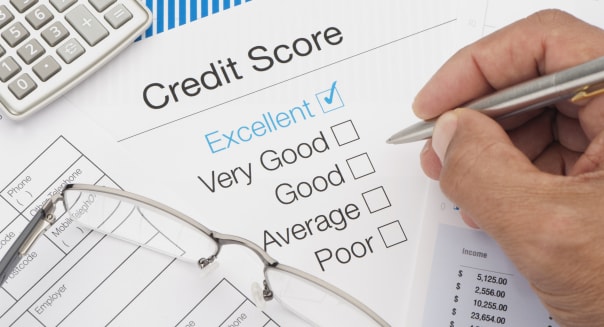Graduating is an exciting time that brings a new stage of life, your career! Although many seniors have already secured a job (Congrats!), there are still some that are feeling a little stagnant in their job search (I'm one of them!). Here are few tips to stay positive in your job search! Don't give up!
1. Network!
Just because you aren't employed doesn't mean you can't chat it up with other employed people! take advantage of different groups and networking events. These will provide opportunities to meet up with people who can help in your career and give you insight on building it.
2. Set Yourself Apart!
This time isn't just for waiting! Build your LinkedIn profile and update your cover letter and resume. Creating personal websites or beefing up your portfolio is also great. Be sure that when updating these documents to let your personality peek through. Show employers why you are the perfect pick!
3. Stay Positive!!
It is difficult. And scary. But don't worry! There is a position out there for you! Don't settle for just any job either. Be sure to take something that not only will advance your career but be something you enjoy! Everyone's paths are different, so don't compare. Don't give up!



